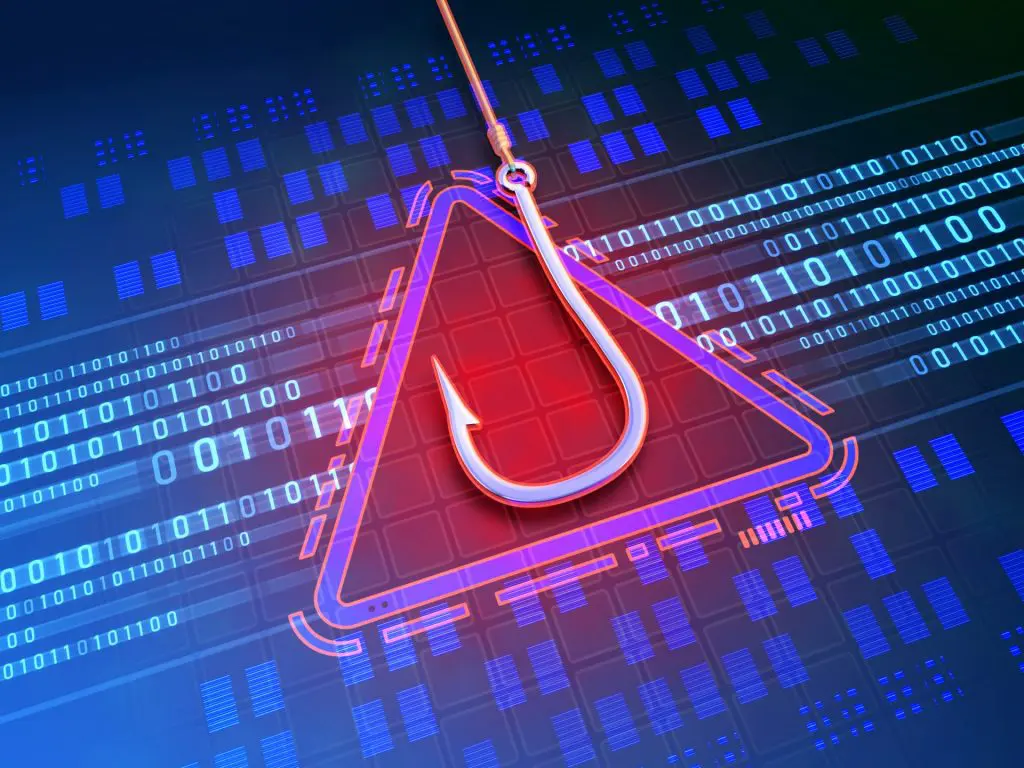
The Dark Side of Fake Email Addresses – Scams and Phishing Attacks
Many internet users resort to using fake email addresses for various purposes, such as signing up for online services without providing their real information or avoiding spam emails. While fake email addresses may seem harmless, there is a dark side to using them, as they can be exploited by scammers and cyber criminals to conduct a range of malicious activities, including scams and phishing attacks.
Scammers often use fake email addresses to create seemingly legitimate accounts or to impersonate trusted organizations or individuals. They send out phishing emails that appear to be from reputable sources, such as banks, social media platforms, or government agencies, in an attempt to trick recipients into providing sensitive information, such as login credentials, financial details, or personal data. These phishing emails often contain urgent requests or alarming messages to prompt quick action from the recipients, leading them to unknowingly disclose their confidential information.
Another common scam involving fake email addresses is the “advance-fee scam,” where scammers promise a large sum of money in exchange for a small initial payment. They use fake email addresses to create a sense of anonymity and credibility, making it difficult for victims to trace them or verify their identities. Once the victim makes the payment, the scammer disappears, leaving the victim with financial losses and disappointment.
Moreover, fake email addresses are also used in various other types of scams, such as lottery scams, inheritance scams, and romance scams, where scammers try to deceive victims into believing false promises or fabricated stories. By using fake email addresses, scammers can easily conceal their identities and avoid detection, making it challenging for law enforcement agencies to track them down and hold them accountable for their fraudulent activities.
In addition to scams, fake email addresses are commonly employed in phishing attacks, where cyber criminals attempt to steal sensitive information or install malware on the victim’s device. Phishing emails containing malicious links or attachments are sent from fake email addresses to unsuspecting users, luring them into clicking on the links or opening the attachments, which can result in their devices being infected with malware or their personal information being compromised.
Therefore, it is important for internet users to be cautious while dealing with emails from unknown or suspicious sources, especially those sent from fake email addresses. They should refrain from clicking on links or downloading attachments from such emails, and always verify the sender’s identity before responding to any requests for personal or financial information. By staying vigilant and informed about the risks associated with fake email addresses, users can protect themselves from falling victim to scams and phishing attacks orchestrated by malicious actors.
